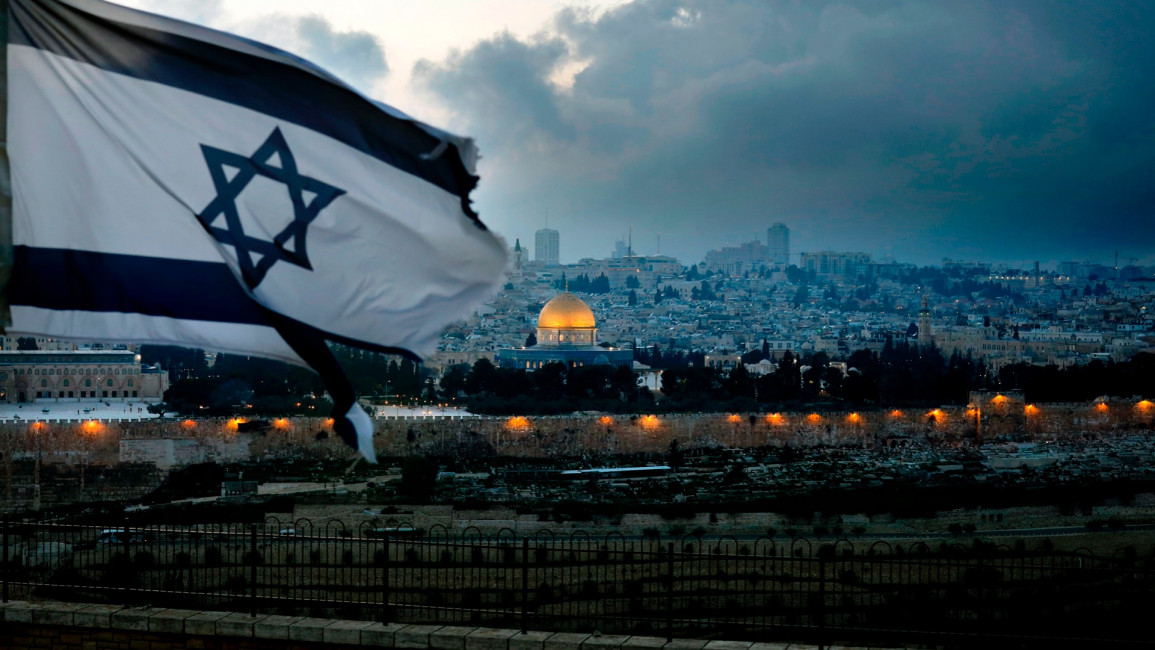Four-year-old Palestinian girl dies after being struck by 'stray bullet'
A four-year-old Palestinian girl from Jerusalem died on Monday after succumbing to gunshot wounds from a stray bullet fired by an unknown assailant, local media report.
Rafif Mohammad Qara'een was rushed to hospital on 21 May after being struck in the head as she played on the rooftop of her family home in the east Jerusalem district of Issawiya.
The shooting occured as her family began iftar, the traditional breaking of the fast during the Muslim holy month of Ramadan.
On arrival at Haddasah Ein Karem hospital, Rafif was unconscious and placed on a respirator as a team of paediatric neurosurgeons cared for her "extremely severe brain injuries", The Times of Israel report.
Despite undergoing an operation, doctors were unable to save her.
Acccording to the victim's grandfather, Mahmoud Abou Riyaleh, police said an M-16 caliber bullet was fired from within the Palestinian town of Anata, across the separation barrier in the occupied West Bank.
Yet last week, local sources in Isawiyah expressed doubts over how the police constructed their series of events.
The victim's family lived in the centre of the neighbourhood, located a significant distance away from the barrier, Haaretz report.
Twitter Post
|
Rafif's father was allegedly involved in a family dispute, forcing him to move to the area around a year ago.
Gun violence continues to plague Palestinian communities in occupied Jerusalem and Israel, and the month of Ramadan usually sees an uptick in the number of incidents.
Around the same time of the tragic shooting in Issawiya, masked gunmen entered a convenience store in the Shu’fat and shot three-year-old boy and his father. Both sustained injuries and were rushed to hospital.
Israeli authorities are frequently criticised for their inaction in pursuing perpetrators of violent crimes within the Palestinian community, whose neighbourhoods are awash with illegal guns.
An estimated 95 percent of shooting incidents in Israel occur in Palestinian communities, as do nearly 60 percent of murders.
Palestinians says the violence reflects decades of institutional discriminations and social exclusion, with deliberate government neglect allowing killings to continue.
Follow us on Facebook, Twitter and Instagram to stay connected



